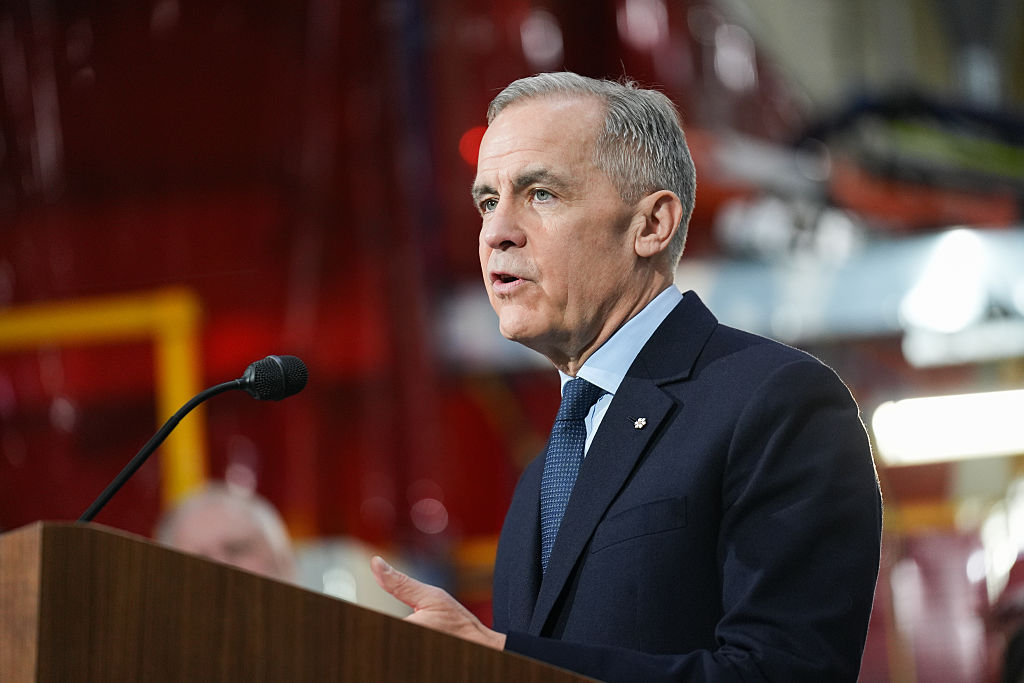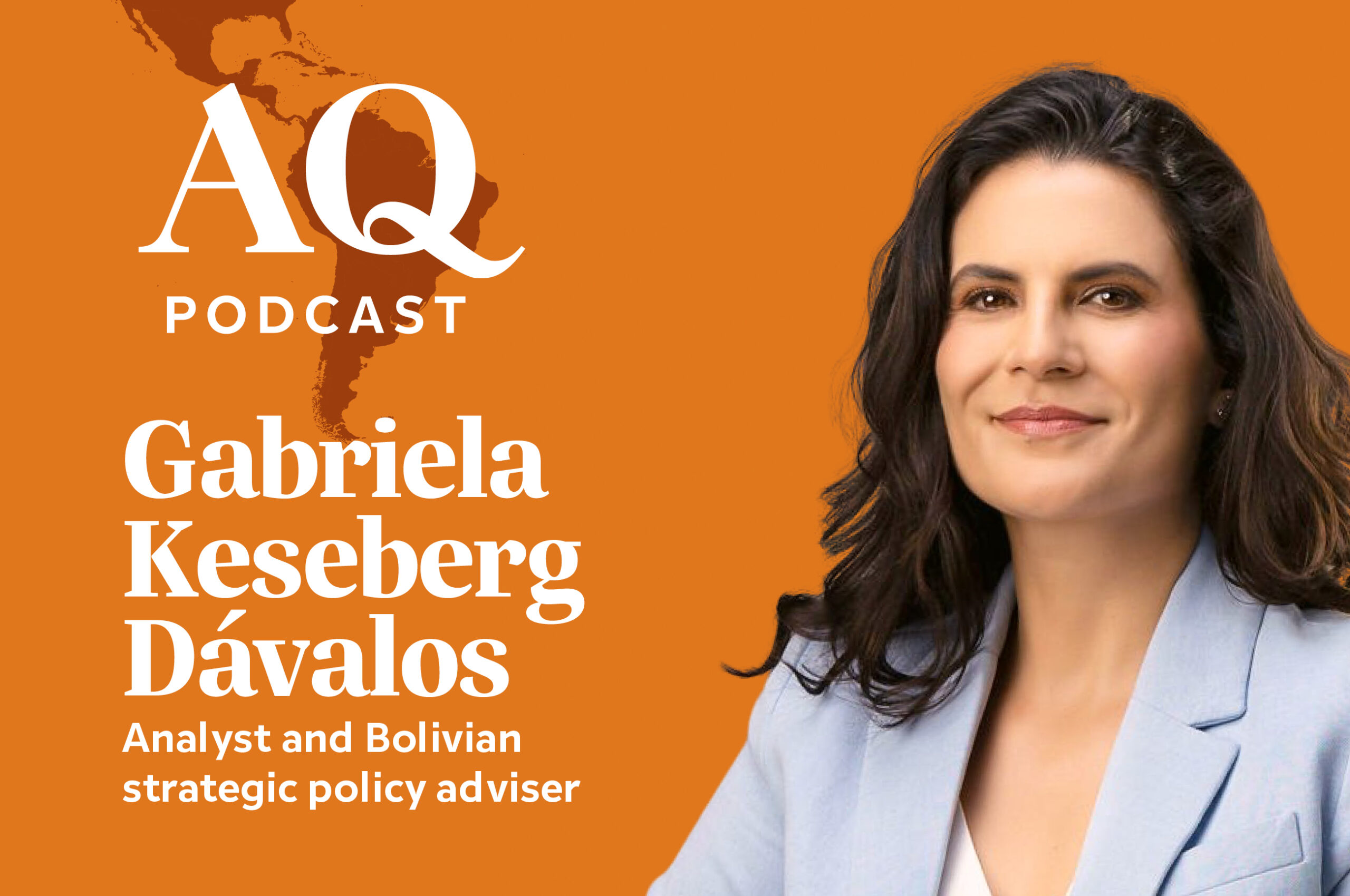Critical Materials: Centering the Western Hemisphere in Global Supply Chains
Critical Materials: Centering the Western Hemisphere in Global Supply Chains
The State Department's José Fernández opened a program with an expert panel on opportunities for lithium exploration in the region.
- José W. Fernández, Under Secretary for Economic Growth, Energy, and the Environment, U.S. Department of State (keynote interview)
- Jeff Glekin, British Ambassador to Bolivia
- Carlos Ibargüen, Senior Consultant, Energy Policy and Regulation
- Juan Carlos Jobet, Former Minister of Mining, Chile
- Marie-Pierre Paquin, Chief Advisor, Office of the Chief Scientist, Rio Tinto
- Christopher Smith, Chief Government Affairs Officer, Ford Motor Company
- Eric Farnsworth, Vice President, Americas Society/Council of the Americas
“The region has the most abundant resources on critical minerals … 60 percent of world’s lithium reserves are in Latin America," said keynote interviewee José W. Fernández of the U.S. Department of State at the Critical Materials: Centering the Western Hemisphere in Global Supply Chains webcast, moderated by AS/COA's Eric Farnsworth. "The need is there, and Latin America is well-poised to take advantage.” He went on to describe this is a "generational opportunity" that happens once every 25 years.
Jeff Glekin, the British ambassador to Bolivia, sees the country as a place for innovation to take place. "In a place like Bolivia, you have to look at both the natural advantages it has—high concentration of lithium, the largest in the world" and its logistical challenges, too, he said. Glekin explained the role Bolivian startup Quantum had in its production of EV batteries, working alongside state-owned lithium companies. "People can see with their own eyes ‘we’re producing something here,’" he said.
"States are very bad usually at picking technologies, picking winners," said Juan Carlos Jobet, Chile's former minister of mining. He explained that while many want to see Chile selling lithium-based batteries due to its reserves of the element, it would not be smart since lithium is just 8 percent of the product, he said. "We would have to import 92 percent of the stuff we need to then ship the batteries back to other places," he said.
Christopher Smith of Ford Motor Company talked about what each government wants from their minerals, understanding governments' vision, and making sure the extraction of minerals bring value to countries.
For Marie-Pierre Paquin, of Rio Tinto, "exporting iron is a lot more efficient than trying to export green electrons," she said. "Just because of efficiency, the market will push those changes." She noted that steel and iron are not yet critical minerals.
"If you can open these channels of discussion with governments, and you can articulate in a very clear way what you need to generate value and what your value proposition is, I think the chances of reaching a win-win are much larger than dismissing something because of the philosophy behind populism or nationalism," said Senior Consultant Carlos Ibargüen.








